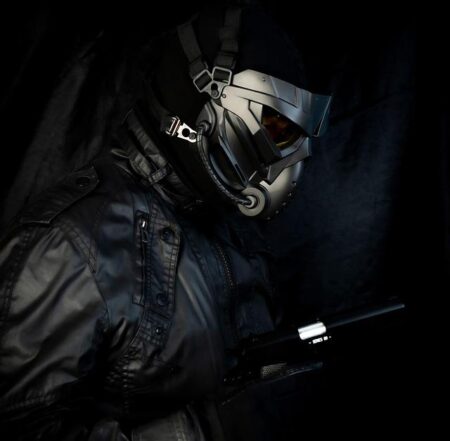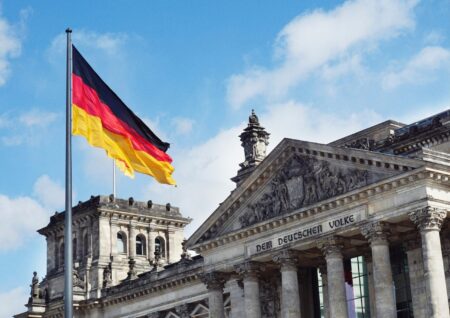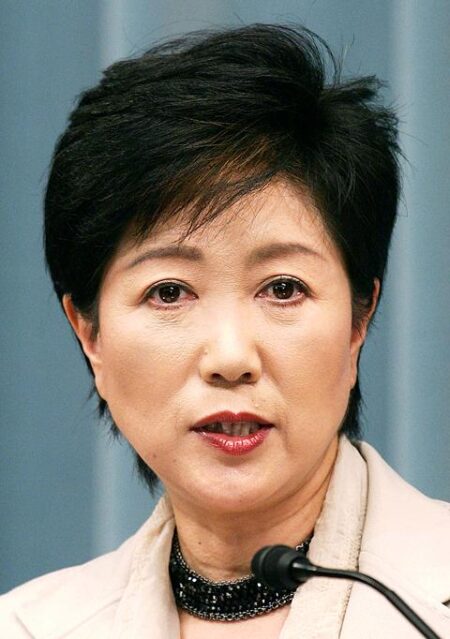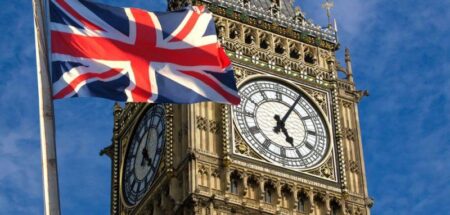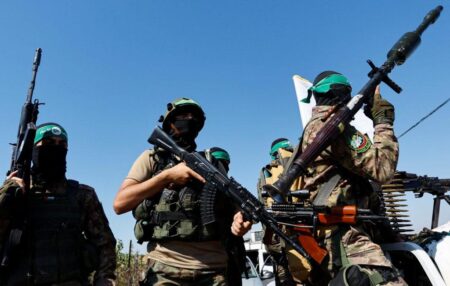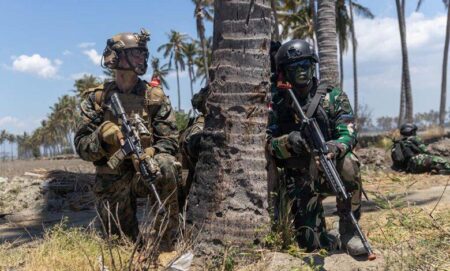Japan’s ruling Liberal Democratic Party has made a groundbreaking move by approving a draft proposal to end the decades-old ban on exporting lethal weapons. This historic decision marks a significant turning point in Japan’s defense strategy, reflecting growing security concerns across the region
Browsing: security policy
The EU is preparing to appoint a special representative for Russia, aiming to strengthen diplomatic dialogue, closely monitor developments, and coordinate policies amid ongoing tensions, according to the International Centre for Defence and Security
Spain has taken a bold leap forward by championing the creation of a joint EU army, aiming to strengthen European defense unity in the face of the escalating Greenland crisis and mounting geopolitical tensions
Estonia’s Foreign Minister declared that Russia remains uninterested in peace, urging the world to ramp up pressure. This call seeks to strengthen global backing for Ukraine as the conflict continues, reports Ukrinform
Ukrainian President Volodymyr Zelensky has boldly acted on the NSDC’s decision, aligning Ukraine’s sanctions with the UK’s to strengthen their united stand against Russia amid the ongoing conflict, Ukrinform reports
Canada has taken a bold step to strengthen national security by officially designating four new terrorist entities, including online extremist groups. This powerful initiative targets digital platforms head-on, aiming to stop radicalization in its tracks and prevent violent acts before they happen
Russia has enthusiastically embraced the new US security strategy, praising its close alignment with Moscow’s vision for global stability. This promising development suggests a potential easing of tensions amid ongoing geopolitical challenges, reports the BBC
China has strongly condemned Japan’s plans to export missiles to the Philippines, sparking serious concerns about regional security. On the other hand, Tokyo views this decision as a vital step to strengthen defense amid rising tensions in East Asia
A Durham law academic has been appointed to lead a groundbreaking nationwide review of UK counter-terrorism laws and policies, aiming to enhance legal frameworks and fortify national security. This crucial review promises to redefine the future of legislation
France is leading a bold charge to establish Europe’s new customs agency, aiming to strengthen border security and streamline trade across the continent. This ambitious move highlights Paris’s growing clout in EU enforcement and its push for enhanced economic independence
Germany has banned the Muslim group Interaktiv after it called for the creation of a caliphate, citing serious threats to the constitutional order, The Jerusalem Post reports. This bold move seeks to shut down extremist rhetoric that drives radicalization and endangers national security
Japan’s first female prime minister boldly adopts a hawkish stance on China and Taiwan, signaling a decisive shift toward a stronger, more assertive regional policy. Her leadership ushers in a groundbreaking transformation in Tokyo’s diplomatic and defense strategy
The UK is facing intense criticism for underestimating the threat of Chinese espionage, as the Washington Examiner exposes how British authorities might be inadvertently aiding Chinese spies by failing to fully grasp the gravity of these security dangers
Beijing’s core goals remain clear and deliberate, prioritizing regime stability, robust economic growth, and unwavering sovereignty. Rather than pursuing global dominance, China is concentrating on focused, well-defined objectives that ease concerns about expansionism
Australia has once again added Hamas and Hezbollah to its list of groups targeted by counter-terrorism sanctions, highlighting its unwavering resolve to fight foreign terrorist organizations amid rising geopolitical tensions, The Guardian reports
Canada’s Foreign Minister celebrated the strong U.S.-Canada alliance and passionately reaffirmed steadfast support for Ukraine, calling for enhanced security guarantees as the conflict intensifies, during a recent PBS interview
Japan and Germany have officially joined forces to supercharge economic security amid global uncertainties. This groundbreaking agreement promises to strengthen supply chain resilience and ignite cutting-edge technological collaboration between these two powerhouse nations
Spain’s NATO spending deal is igniting fierce debate, with critics arguing it falls short of defense budget commitments. This controversy is fueling tensions within the alliance and casting doubt on Spain’s commitment to fulfilling NATO’s expectations
The collapse of AUKUS opens the door to an exciting new era for Australia, offering a rare chance to completely transform its defense and technology strategies. Experts are confident this game-changing shift will spark innovation and strengthen Australia’s independence throughout the Indo-Pacific region
Russia and China are intensifying their military collaboration, stopping short of a formal alliance but signaling an unprecedented level of strategic coordination amid escalating global tensions. The Center for European Policy Analysis explores the implications of this shift for the future of European security






